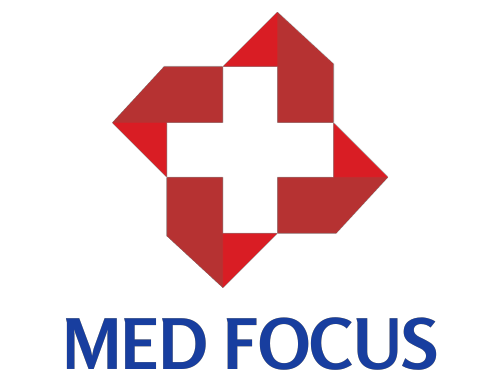The way healthcare professionals are educated and prepared for actual clinical practice has undergone a substantial transformation as a result of innovations in medical education. Simulation-based education has been one of this field's most significant breakthroughs. In order to simulate clinical encounters in a safe and controlled setting, methods such as patient simulators, virtual patients, and other tools are used. It has several advantages for students, teachers, and patients alike.

The following are some significant features and 6 advantages of simulation in medical education:
1. Realistic Practice Environment:
Simulation offers a managed and secure setting where students can hone their abilities and put their theoretical knowledge into practice. Simulated circumstances help learners to experience the difficulties and complexities they would face in their future employment because they closely reflect real-life clinical situations.
2. Learning that is Active and Engaging:
Simulation actively engages students, encouraging active participation and critical thinking. Students are encouraged to use their theoretical knowledge in a practical setting, which promotes greater comprehension and skill growth.
3. Learning and Developing Clinical abilities:
Simulation allows students to learn and develop a variety of clinical abilities, from simple procedures to intricate interventions. Students can increase their competence, muscle memory, and self-assurance in carrying out clinical duties by frequently practicing in a simulated environment.

4. Patient Safety And Error Management:
Simulation offers a safe environment for students to make mistakes and learn from them. It enables students to see and fix mistakes, acquire better decision-making skills, and create plans to stop negative outcomes in actual patient care situations.
5. Complex and Ethical Decision-Making:
Simulated settings frequently involve ethical conundrums and difficult choices. These scenarios can be explored and navigated by students, encouraging professionalism, ethical reasoning, and critical thinking in healthcare practice.
6. Research and Innovation:
Simulation-based research advances medical education, according to research and innovation. It aids in assessing the efficiency of educational interventions, teaching strategies, and evaluation approaches, resulting in evidence-based practices and better learning results.

By offering a secure and engaging learning environment that improves clinical skills, decision-making skills, teamwork, and patient safety, simulation has revolutionized medical education. It is increasingly used to fulfil specialized educational demands, keep up with technological breakthroughs, and train healthcare personnel for the complexity of contemporary healthcare.

Kindly visit themedfocus.com for additional advice and recommendations about attending medical school. If you're seeking a trustworthy internet source, please check out the whole medical school package at the URL below.
https://themedfocus.com/products/the-complete-med-school-bundle

